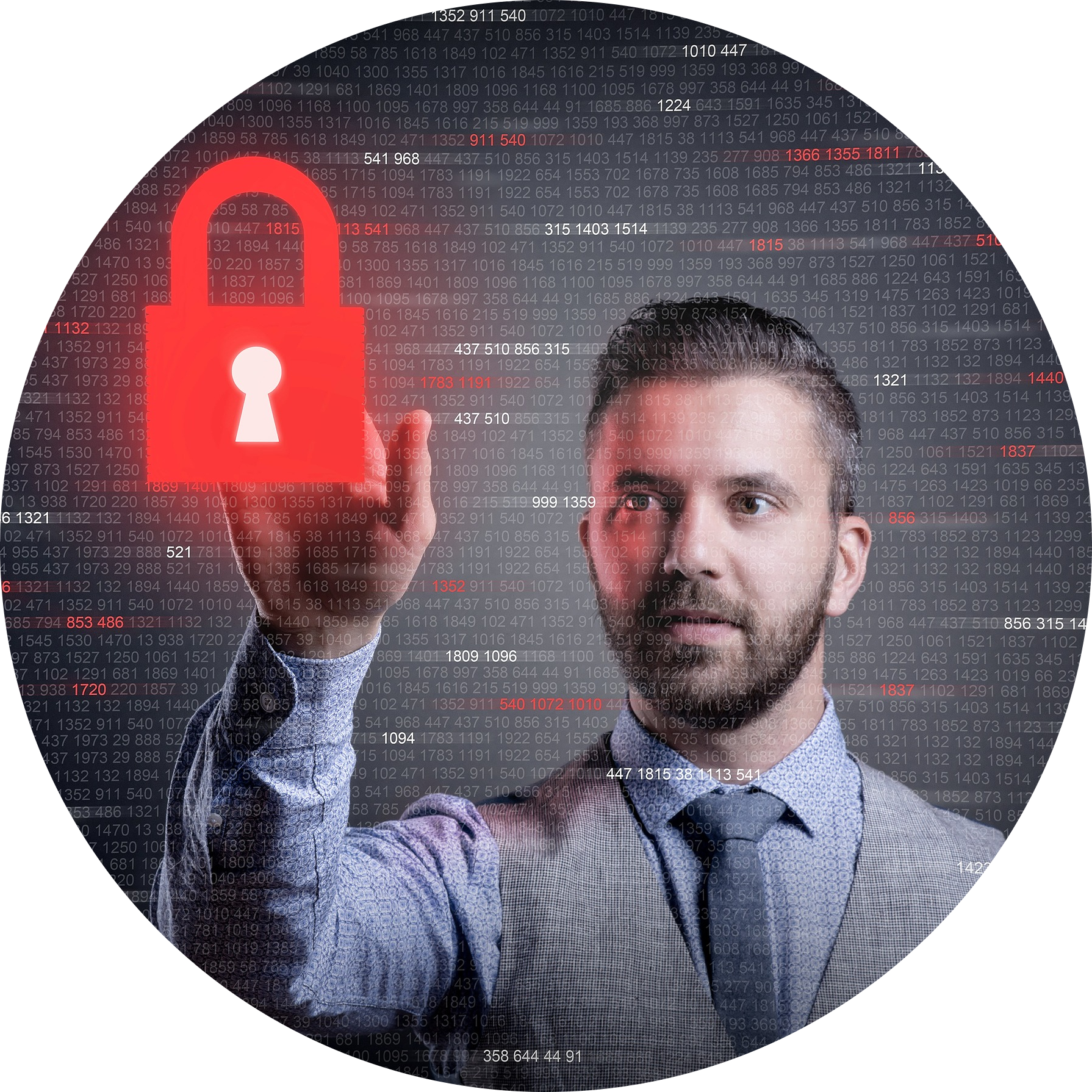There are many types of malware that can infect your computer, but the types that can steal your data are simply called "information stealers." They are made up of things like keyloggers, screen recorders, and memory scrapers. Using this method, a hacker can steal any data from computer passwords to credit card numbers.
How to prevent credit card fraud

- Use varied and complex passwords for all your accounts
- Only provide information on sites that have "https" in the web address or have a lock icon at bottom of the browser
- Do not provide information to any unsolicited requests for information, which are often a sign of phishing
- Avoid questionable websites
- Practice safe a email protocol
- Don't open messages from unknown senders
- Immediately delete messages you suspect to be spam
- Only download software from sites you trust. Carefully evaluate free software and file-sharing applications before downloading them.
How do hackers install a virus or malware?
- Downloading malicious apps. The most common method hackers use to spread malware is through apps and downloads
- Using a device with operating system vulnerabilities
- Opening suspicious emails
- Using non-secure Wi-Fi/URLs
- Receiving text message/voicemail phishing
A common type of security issue that can affect your business computers:
Keylogger Trojan, the virus actually is a piece of software that is used to collect confidential information like bank password numbers, security numbers, and credit card details from other computers.
Keyloggers is a malicious software doing different types of jobs. Nowadays, this virus is being sold as commercial software –something that can record its children’s online activities or a doubtful spouse may install to keep tabs on the partner. Keyloggers can record all kinds of keystrokes or sometimes they are sophisticated enough to run particular activities like tracking web browsers. As soon as it observes the desired behavior, keyloggers start working to capture confidential data.
There are a few websites that attempt to use keyloggers with the purpose to respond to visual cues with the use of a mouse, instead of the keyword. However, the fact is that some of the Trojans are potential enough to capture a screenshot, and easily nullify this strategy of the user.
This Trojan tends to be the most resolute malware and takes extra steps to privatize its presence, including via the use of rootkits.
Cyber Resilience Tips for Businesses
The best defense is prevention. To prevent, you have to plan ahead.
Life gets in the way. Between severe weather, personal emergencies, illness, and worker wellbeing, employees need to be able to work from home for a variety of reasons.
- Install robust endpoint security on all devices so employees and data stay safe.
- Give all employees access to a VPN to help protect corporate data, wherever they connect.
- Implement measures to back up data saved on local devices while workers are remote.
- Add collaboration tools so teams can continue to work together while physically separated.
- Warn employees about phishing and BEC. Share the Cyber Resilience Tips for Individuals we included above, and encourage employees to be extra vigilant about unexpected invoices or other financial requests. Even when we’re all remote, it only takes a quick phone call to verify the legitimacy of an unusual request.
- To avoid credit card fraud, make sure that you have the best security software products installed on your PC's:
- Use antivirus protection and a firewall
- Get antispyware software protection
The best internet credit card fraud protection begins by avoiding spyware infection in the first place. There are several good products that guard against spyware entering your computer and prevent it from slowing your PC through damage to your files and programs. A good anti-malware program searches every place on your computer where spyware can hide and removes every trace to boost your PC performance. While free anti-spyware downloads are available, they just can’t keep up with the continuous onslaught of new spyware strains. Previously undetected forms of spyware can often do the most damage to your PC, so it’s critical to have up-to-the-minute, guaranteed protection.
Talk to your IT company about what security software is right for your business.
Source:
